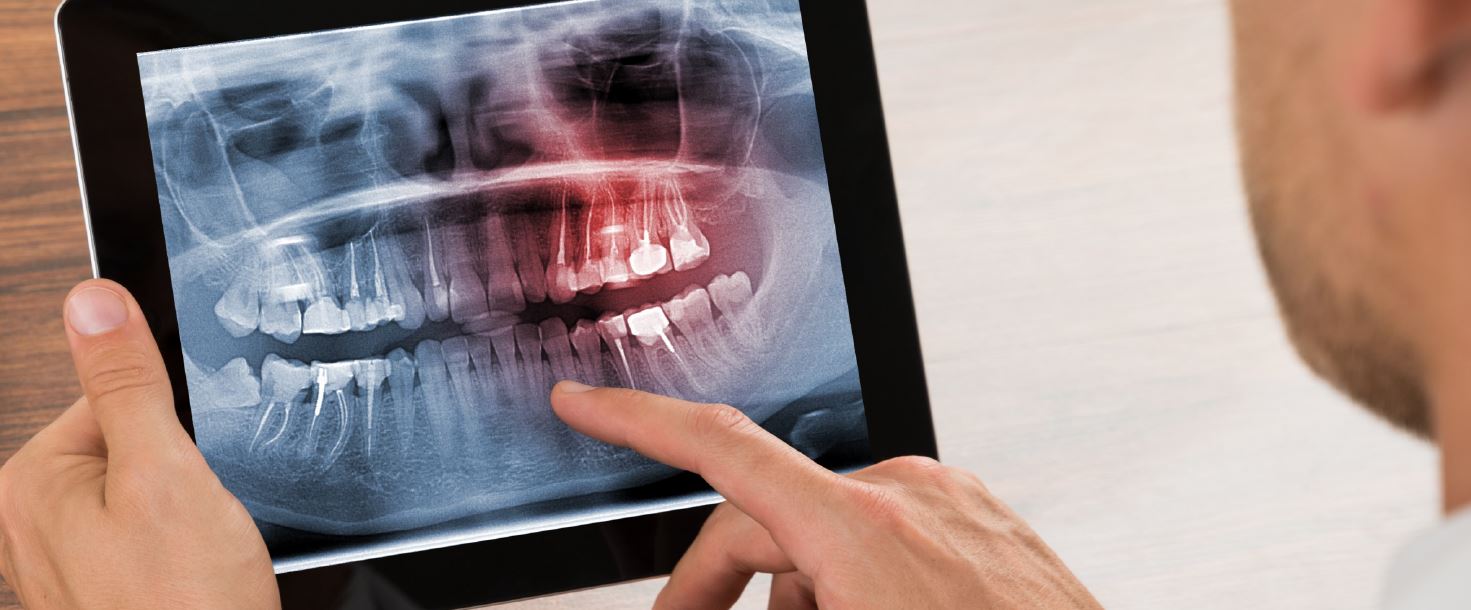
Periodontal disease (also known as gum disease) is a chronic inflammatory condition in which plaque bacteria accumulate below the gum line. Over time, the inflammatory response to the bacteria can cause the erosion of gum tissue and supporting bone. If left untreated, periodontal disease can lead to tooth loss.
The good news is that through such treatments as scaling and root planing, a periodontist can help you reduce the inflammation in your gums. There are a few things you can do at home to help reduce inflammation in your mouth and body.
Diet
Foods rich in omega-3 fatty acids―including oily cold -water fish (salmon, tuna, herring, or sardines) and walnuts―have been found to reduce inflammation. The body does not produce these acids naturally, and they can come only from consuming certain foods. Additionally, antioxidant-rich green tea has been shown to reduce inflammation in the body.
Exercise
People who exercise regularly demonstrate fewer incidences of periodontal disease than those who do not exercise regularly. While moderate exercise may help reduce inflammation in your body, extreme exercise (such as marathon running) can actually increase systemic inflammation. Exercise also reduces stress, another risk factor for periodontal disease. Stress has a negative impact on the body’s ability to fight infection and inflammation.
It’s a good idea to discuss your exercise plan with a health professional to ensure that it’s a good fit for your lifestyle.
Brushing and Flossing
The American Academy of Periodontology (AAP) recommends brushing twice a day and flossing daily as a part of a daily oral health routine. You should also undergo a comprehensive periodontal evaluation every year to assess the health of your gums.
If periodontal disease does develop, your periodontist can develop an effective treatment plan for your unique needs.
Other Systemic Conditions and Periodontal Disease Development
Research suggests that periodontal disease shares an association with systemic conditions such as diabetes, cardiovascular disease, pregnancy complications, and rheumatoid arthritis.
The AAP recommends that if you are living with any of these conditions, notify your periodontist of your medical history. Likewise, if you are diagnosed with periodontal disease, you should make your physician aware and create an informed care team that can manage both your oral and physical ailments effectively.
